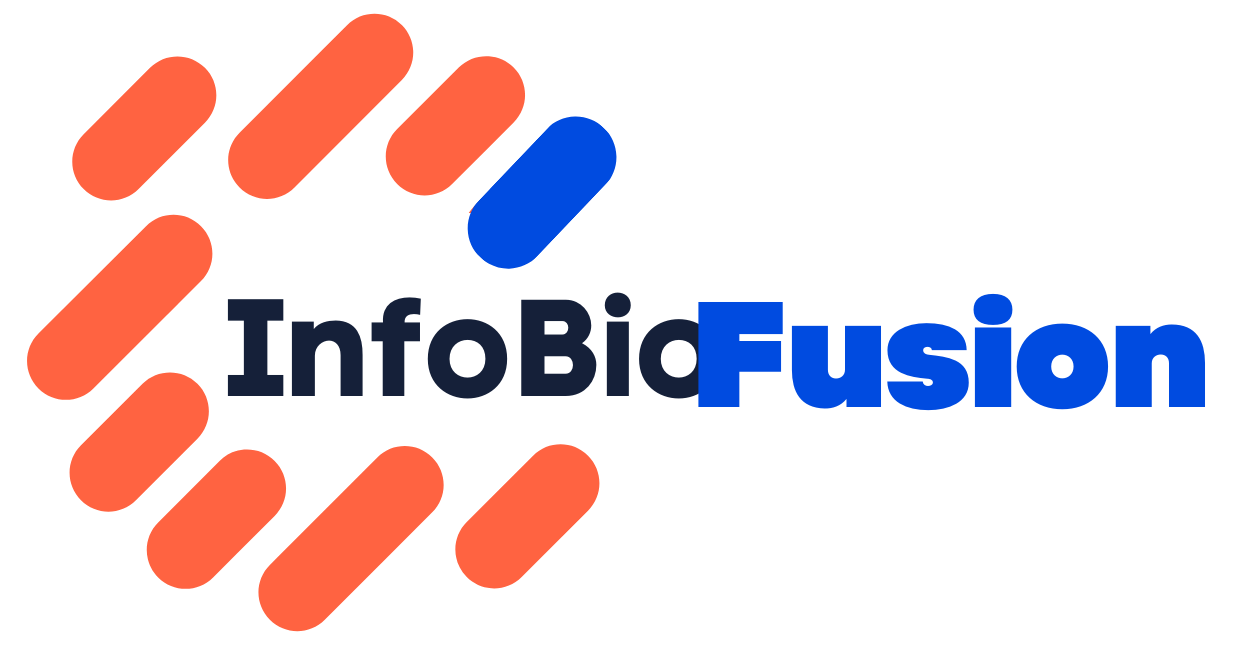A shelf company represents an inactive pre-registered business entity that stays dormant until its sale to someone who needs it. These established business entities provide entrepreneurs with established entities even though their operations never led to business activity or ownership of assets or liabilities. Acquiring a shelf company provides businesses with instant credibility and faster operational launch due to the recorded business history. Every potential buyer should conduct extensive investigations when purchasing a shelf company because improper use can trigger legal problems, while both legal and financial rules must be followed.
What is a Shelf Company?
A shelf company is a business that is officially registered but remains inactive for a long time. It does not operate or engage in any real transactions. However, its owners can use it to build a business credit profile.
These companies are sometimes compared to aged wine because they seem valuable due to their history. However, they are often linked to financial crimes. The owner of a shelf company may receive its legal documents when the company is first registered, which could be years earlier. In some cases, these companies already have bank accounts, credit records, and past financial transactions, making them appear legitimate.
Entities Eligible to Register a Shelf Company
An extensive range of groups, including business owners, corporations, and financial establishments, can obtain shelf companies for registration. Process owners save time by buying pre-registered businesses due to their speed in establishing new businesses without waiting for incorporation completion. The pre-registered shelf companies act as valuable tools for market expansion initiatives within multinational corporations and investment structuring purposes in financial firms. People involved in criminal financial operations frequently use shelf companies to create deceptive corporate appearances. The advantages of shelf companies, which include established history and credibility, remain subject to consistent regulatory oversight that safeguards against financial crimes through the enforcement of legal and ethical standards for corporate establishments.
Why do Money Launderers Utilize Shelf Companies?
Below are the potential reasons why most fraudsters utilize shelf companies;
Perception of Credibility and Authenticity
Older companies often seem more trustworthy because they have an established history. Banks and financial institutions usually view them as reliable. When someone involved in money laundering buys a shelf company, they gain this history, making it easier to avoid the strict checks that new businesses usually face. This helps them move money without raising suspicion.
Streamlined Entry into Financial Services
Shelf company enterprises benefit from established relationships with banks and financial services agencies that enable easier access to credit accounts. Money launderers and scammers can benefit from business entity use because they need to move large funds away from public scrutiny. The legitimate bank accounts linked with the shelf company allow criminals to perform transactions that could otherwise raise suspicion.
Limited Regulatory Supervision
Regulatory authorities often focus more on new businesses for audits and compliance checks, assuming that older companies have already been reviewed. Since shelf companies have been registered for years, they appear established and attract less attention from regulators. This makes it easier for money launderers to carry out illegal activities without being immediately noticed.
Optimized Confidentiality Standards
Shelf companies can be bought without revealing much about the new owner. Money launderers benefit from tax havens since concealment of identity allows them to keep up their criminal enterprise. The illicit funds become harder to trace by money launderers through the deployment of shelf companies which maintain distance between illegal funds and criminals.
Seamless International Transactions
Money launderers often transfer money between different countries. Money launderers benefit from tax havens since concealment of identity allows them to keep up their criminal enterprise. The illicit funds become harder to trace by money launderers through the deployment of shelf companies which maintain distance between illegal funds and criminals.
The Bottom Line
Several businesses begin their operations using pre-registered shell companies that give them a trustworthy foundation. Shelf companies serve both lawful business activities and criminal activities such as money laundering and fraud. The privacy features of these companies enable illegal activities because they let their users avoid inspection while using bank services without identification disclosure. The implementation of stronger controls and testing procedures aims to stop the illegitimate use of shelf companies. Proper monitoring and transparency serve to verify shelf companies are used legitimately for business activities and to stop criminals from exploiting them.
